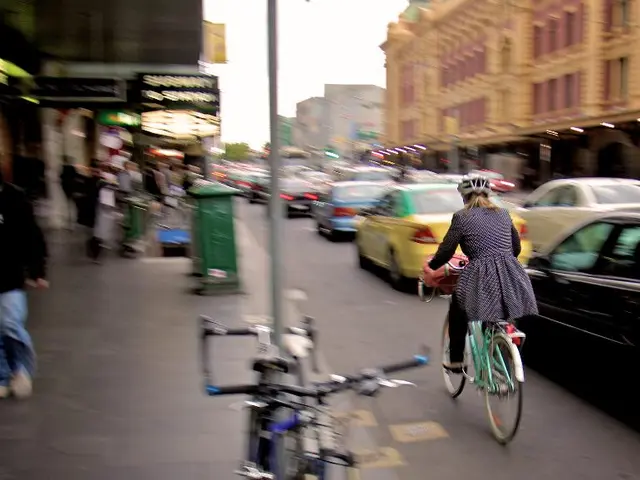Guiding Strategies for Comforting a Child Involved in a Car Accident
A not-so-fancy car accident is an experience you'd rather avoid, but it becomes significantly more nerve-wracking when it involves your little ones. Even if you only bundle up with a few knocks, your concern for their well-being often outweighs your own health.
Luckily, if properly fastened, baby seats, children's seats, and seatbelts can take a substantial hit and keep them secure. However, as you check on them and assist them in calming down, helping them regain their confidence before hopping back into the car is essential.
This post aims to guide you through these necessary steps. First off, acknowledging that the crash wasn't your fault is crucial. Regardless of any lingering guilt, remember that you're not a lousy parent for surviving this ordeal.
Without further ado, let's dive in:
Give Them Time to Settle Down First and Foremost
Your instinct might be to explain what happened, but the minutes immediately after an accident are more about presence than words. Children often watch the adults in the car for cues on whether they should panic. If you can stay calm and collected, they typically follow suit, as they work through the event in ways that might be beyond their vocabulary.
There's no right way to talk to them—just showing up, staying close, keeping your voice even, and offering comfort can go a long way.
Be Aware of Emotional Delays
It's common for children to seem fine one day and then show signs of distress the next, especially after an unexpected event like a car accident. Don't be surprised if they behave oddly, get clingy, or have trouble sleeping. They might not even directly attribute their feelings to the accident, but their behavior could be signs that they're still processing what happened.
Consider talking to a doctor if their emotional state persists or worsens over time.
Keep Normal Car Trips Feeling Normal
You might not feel ready to hit the road again, but gradually resuming regular car trips can help rebuild a sense of normalcy. Opt for short drives to places like favorite restaurants, school, or the grocery store.
If your child is uneasy, show empathy without making their fear the center of attention. Let them know you're driving safely and paying attention. Bringing along a favorite toy or playing calming music can create a cozy space inside the car, making it easier for them to adjust. If they need a few days to work up the courage to hop back in, that's okay too.
With this advice, we hope you can help your child find solace following a minor car accident.
Enrichment Insights
- Provide Emotional Support: Listen to your child, validate their feelings, and reassure them of their safety.
- Calming Activities: Encourage mindfulness exercises, maintain regular routines, and offer comforting items like favorite toys or calming music.
- Emotional Expression: Support your child in identifying and expressing their emotions through activities like drawing or storytelling.
- Safe Spaces: Offer access to safe spaces or routines that provide comfort and security. Consider using noise-cancelling headphones to reduce distress from loud noises.
- Professional Help: If your child's emotional distress persists or worsens, consider seeking help from a therapist.
- If your child appears distressed after a car accident, don't be surprised as it could take time for them to work through the event. Consult a doctor if their emotional state persists or worsens over time.
- In the immediate aftermath of an accident, provide emotional support by listening to your child, validating their feelings, and reassuring them of their safety. Encourage mindfulness exercises, maintain regular routines, and offer comforting items like favorite toys or calming music.
- Gradually resuming normal car trips helps rebuild a sense of normalcy. Opt for short drives to familiar places, show empathy without making their fear the center of attention, and create a cozy space inside the car with calming music or a favorite toy.








